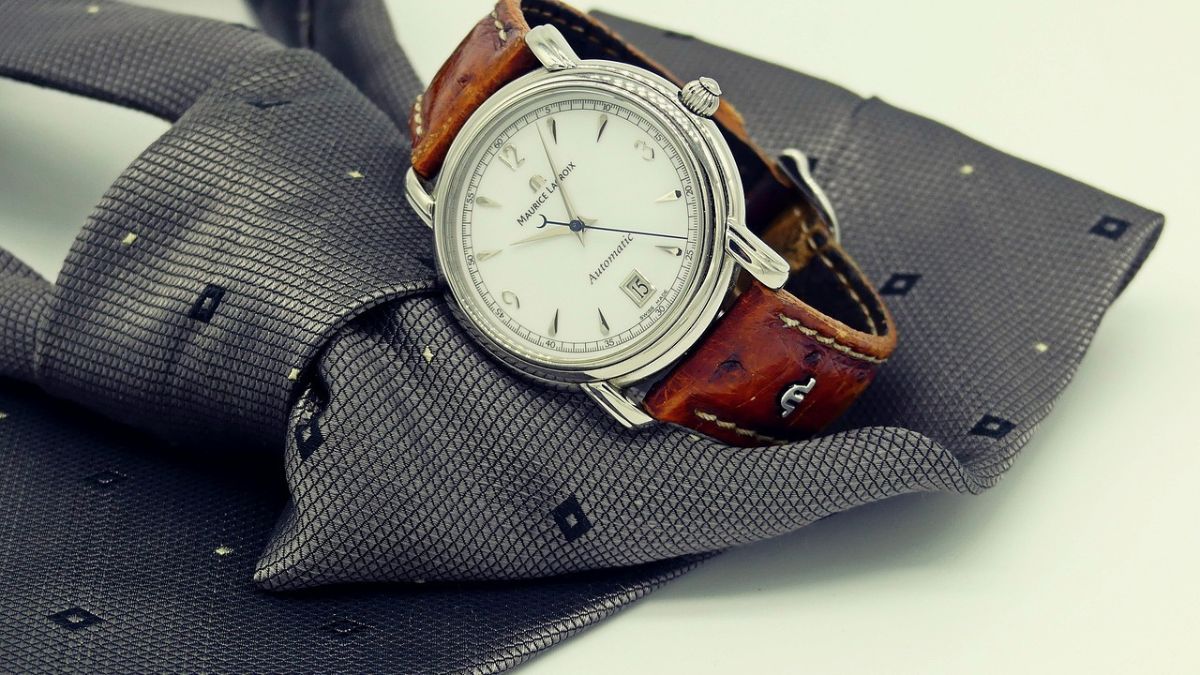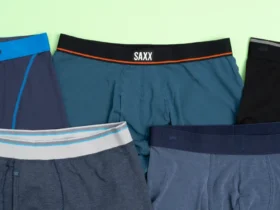A lot of things have changed in the last decade. Phones became wallets. Cars started driving themselves. People stopped wearing jeans at the office. But through all that shifting, all that tech and chaos and soft pants, one piece of a man’s daily look has quietly held its ground: the watch. Not a smartwatch. Not a fitness band. A real one. Something with weight. Something with character. Something you don’t need to charge every night or tap ten times to get to the screen you want. A timepiece says something, even when you’re not saying a word. And in a world full of noise, that kind of silent statement hits differently.
What makes a good watch matter? Why should a modern man, whether he’s heading into a boardroom, leading a job site, or just taking his kid to school, still care about wearing one? And what actually separates the good ones from the ones that end up in a drawer collecting dust?
The First Thing People Notice Is What’s on Your Wrist
You might think people are checking your shoes first. Maybe your haircut. Sometimes that’s true. But more often than not, when someone shakes your hand—or even just catches a glimpse of you typing or holding a coffee—they see your wrist. A bare one gives off a different message than one with a proper timepiece on it. A real watch carries weight—not just literally, but symbolically. It tells people you care about time, about style, about the way things used to be built. It shows you made a choice. Even if you’re in jeans and a hoodie, the right watch can pull everything together in a way that looks deliberate, not just thrown on.
A well-chosen watch also doesn’t age the way other accessories do. Trends come and go. Belts get swapped out. Glasses’ styles change. But a solid watch? It stays relevant. Even gets better with time. Some of the best ones don’t look shiny and new—they look worn in, lived in, like they’ve been with you through things. Because they have.
Fit, Feel, and That One Question No One Ever Asks Out Loud
So what should you actually be looking for when you’re choosing a watch? First off, comfort. You’ll hear all about the movement, the face, the glass, the strap—but none of that matters if it doesn’t feel good on your wrist. And here’s where we answer something no one ever really says out loud, but everyone wonders: how tight should a watch be?
Too loose, and it slides down and flops around, making you look like you borrowed it from someone else. Too tight, and you’ll end up annoyed by it all day—or worse, you’ll ditch it in your car halfway through lunch. A good fit feels like a handshake—firm, close, but not restrictive. You want it snug enough that it stays in place, but easy to forget about once it’s on. That’s the sweet spot.
Then there’s the feel. You can usually tell when a watch is built well. The materials feel solid, the movement glides smooth, and nothing rattles or shifts where it shouldn’t. The second hand ticks or sweeps in a way that just feels right. Trust your instincts on this—if it feels cheap, it probably is.
It’s About More Than Telling Time
Let’s be real: you don’t need a watch to know what time it is. You’ve got your phone. You’ve got your laptop. Even your car dashboard tells you the time. But a watch isn’t about checking the hour. It’s about being intentional. About not needing to reach for your phone every time you want a basic answer. About setting a tone. When you wear a timepiece, you’re reminding yourself (and everyone around you) that dressing well isn’t just about what you put on—it’s about what you choose not to lean on. It’s a subtle flex. One that doesn’t scream, but doesn’t whisper either.
It also becomes a signature over time. People start to associate you with it. Maybe it’s the one with the navy dial. Or the steel bracelet. Or the old leather strap that’s softened and cracked in all the right ways. It starts to feel like a part of you. And when that happens, it’s not just an accessory—it’s an extension of who you are.
You Don’t Need a Whole Collection—You Just Need the Right One
Watch collectors are a whole thing. They swap, trade, rotate. Some have a watch for every day of the week. But you don’t need that. You just need one that fits your life. Maybe your work leans more formal—go for something classic and clean. Maybe you’re more hands-on—find something rugged, with a bit more durability. The key is that it feels like yours. Not too flashy. Not too basic. Just something that reflects your pace, your vibe, your values.
This doesn’t mean it has to be expensive. Some of the best everyday watches out there won’t break the bank. But they do have to be built with care. Avoid things that feel like fast fashion. Look for pieces with a bit of story, or at least the potential to carry one. Because when something’s going to live on your wrist for years—or decades—it better be worth the space it takes up.
It’s One of the Last Personal Things Left
In a world where most people carry the same phone, use the same apps, wear the same sneakers they saw online, there’s something comforting about a timepiece that feels personal. It’s analog in a digital age. It’s quiet in a loud world. And maybe most importantly, it’s yours.
A watch doesn’t track your steps or tell you when to breathe. It just ticks. It just keeps time. And while the rest of the world is shouting over itself trying to do more, be more, optimize every second—you’ve got this one small thing on your wrist that reminds you that time is already enough.
In the End
Owning a great watch isn’t about tradition or fashion. It’s about making time feel real again. And once you’ve found the right one, you’ll wonder how you ever left the house without it.














